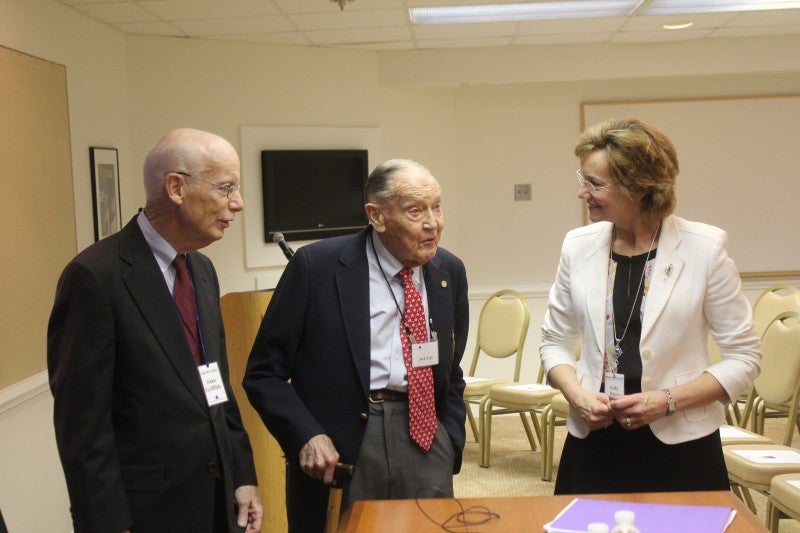

Jack isn’t one to hide from his mistakes. Bogle eloquently answered the person’s inquiry. Bogle would answer a few of his lingering questions. This person was well informed of the events leading up to the article, and for posterity purposes, he wanted to know if Mr. Bogle received a letter from an person (that will remain anonymous) who had a deep interest in his 1960 FAJ article. I asked for, and was granted permission, to publish his correspondence. He shared little-known information with me about his early thinking and sent me recent correspondence about the period that he had written. I wrote about John Bogle’s epiphany in a recent article and had an email exchange with Mr. This is when he revisited the idea of passive investing, which ultimately reversed his long-held view of active management, and changed Vanguard’s destiny.

Bogle was fired as CEO in 1974 by the Wellington Board of Directors, but he was allowed to form Vanguard to do administrative work for the funds. Wellington was crushed when the Go-Go era ended and aggressive growth stocks collapsed. The merger worked well for a while, but ended badly. Bogle took the lead to push Wellington into “performance funds” in 1966 by forging a merger with a Go-Go fund management group based in Boston.

The Go-Go era of aggressive growth stocks began soon thereafter. Bogle Reader, John C.Wellington became a publicly traded company in 1960, and like all public firms, growing profits became the primary focus. Bogle book, Jack Bogle, Jack Bogle book, Bogle book, Don't Count on It, Enough, Common Sense on Mutual Funds, The Little Book of Common Sense Investing, The John C. Keywords: General Finance & Investments, John Bogle, John Bogle book, John C. Bogle Reader brings together the life-changing works of mutual fund pioneer John Bogle in one comprehensive anthology.



 0 kommentar(er)
0 kommentar(er)
